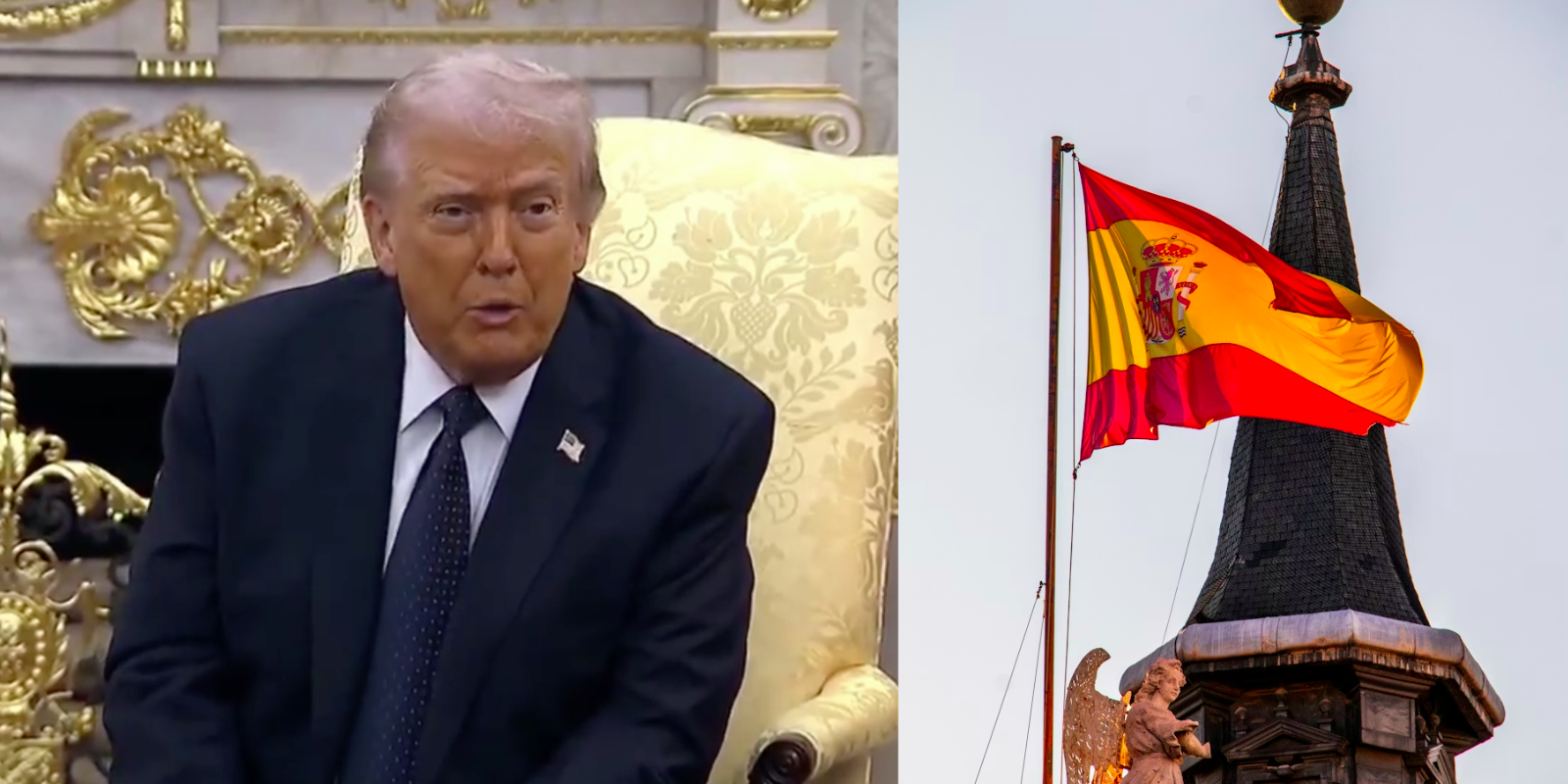The European Union (EU) has come out in support of Microsoft co-founder Bill Gates’ strategy to “fight global warming” by limiting light from the sun in an effort to lower the temperature on Earth.
The EU will join an international effort to assess the effectiveness of the plan. Governments and other agencies will determine if a large-scale intervention, such as limiting sun rays or changing the Earth’s weather patterns, will be a realistic option in “fighting climate change,” according to Bloomberg.
The possible innovation would involve sending man-made white clouds into the atmosphere as a way to reflect sunlight away from the surface of the Earth. The scheme, if it goes according to plan, would lower the planet’s temperature and apparently “combat global warming.”
"These technologies introduce new risks to people and ecosystems, while they could also increase power imbalances between nations, spark conflicts and raise a myriad of ethical, legal, governance and political issues," a draft framework document viewed by the outlet stated.
Soros, who supports the idea, has claimed that the technology would aid in preventing giant ice sheets from melting, especially those in Greenland.
“Our civilization is in danger of collapsing because of the inexorable advance of climate change,” Soros said. “The melting of the Greenland ice sheet would increase the level of the oceans by seven meters. That poses a threat to the survival of our civilization.”
The method would reportedly involve increasing aerosol concentrations in the stratosphere to deflect solar radiation away from the Earth’s surface. Gates has been funding a major project at Harvard that uses balloons to deploy aerosols.
The EU is still deliberating over the security implications of “global warming,” such as the potential for scarce water or food to ignite conflict and possible migration. Included in that assessment is studying the potential dangers of re-engineering the atmosphere.
“These technologies introduce new risks to people and ecosystems, while they could also increase power imbalances between nations, spark conflicts and raise a myriad of ethical, legal, governance and political issues,” per the document.





